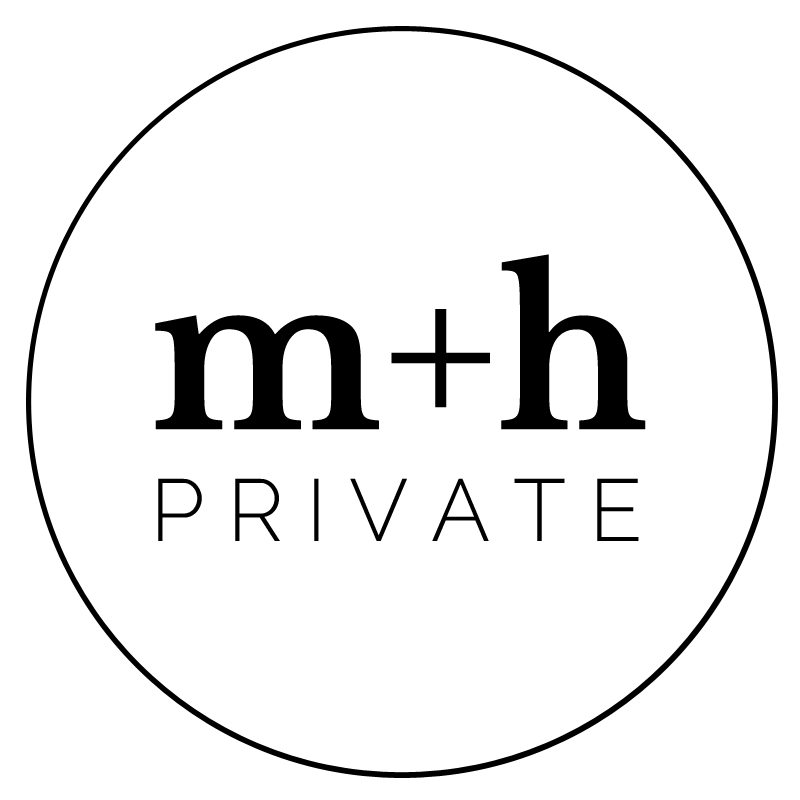Flipping your block - renovating and redeveloping property
So you’ve found a great doer-upper on a huge block. With a touch of know-how, and plenty of hard work, a property renovation or development can be a great way to make some cold hard cash. Without the correct project structure though, any “profits” can quickly find their way to the tax man. Let’s consider the Goods and Services Tax (GST) implications in this scenario (we will discuss income tax in a future post).
The rules
The GST Act generally ensures that the sale of residential premises is input-taxed (GST free) and does not trigger a GST liability (phew!), unless the property is classified as new residential premises or commercial residential premises. If you sell the property without undertaking any substantial renovations , then the sale should generally be input-taxed.
The keyword here is substantial - substantial renovations would cause the property to be treated as new residential premises for GST purposes and therefore subject to GST on sale. The exception is if the property earns residential rent (rented) for 5 years before being sold, it will not be considered new residential premises and therefore not attract GST on eventual sale.
What are substantial renovations?
The ATO’s definition of substantial renovations relates to the impact the renovations have on the building as a whole, which may result in the removal or replacement of all, or a significant amount of the building. The more substantial the renovations the more likely it is that new residential premises have been created.
When do you need to register for GST?
Generally, you will need to register for GST if you carry on an enterprise and your turnover is $75,000 or more. If you expect your turnover to be at least $75,000 you must register unless the ATO is satisfied that your projected GST turnover is less than $75,000. Projected GST turnover is the turnover for the current month plus an estimate of turnover for the next 11 months. When calculating GST turnover you ignore input-taxed rental income.
What is an enterprise?
An enterprise includes business activities, isolated profit-making projects and regular leasing activities. One-off property developments (even if this is your first time and you don’t consider yourself a developer) can most certainly be considered an enterprise and therefore may require GST registration.
What is input-taxed rental income?
If you rent out residential premises for residential accommodation, your rent is input-taxed (GST free) and therefore doesn't include GST in the rental charge. You also cannot claim credits for the GST included in any costs relating to the rent, such as agent's commission, running costs, or repairs and maintenance to the premises.
What is the margin scheme?
The margin scheme is a way of working out the GST you must pay when you sell property as part of your enterprise. You can only apply the margin scheme if the sale of the property is taxable. To apply the margin scheme, both the seller and the buyer would need an agreement in writing that the margin scheme is to be used and this needs to be agreed upon before settlement occurs.
The margin scheme can generally apply if you bought the property from an unrelated party who was not registered or required to be registered for GST or if they bought the property from an unrelated party as an input taxed supply of existing residential premises.
If the margin scheme applies , the GST liability would generally be 1/11th of the margin of the supply, which is the difference between the sale and purchase prices. Any construction costs are not taken into account in calculating the margin for GST purposes but as advised above, GST credits may be claimed on these costs. If the original property is subdivided, you would need to ensure that the cost of the property is apportioned on a reasonable basis when undertaking the margin scheme calculation.
Back to the scenario…
Assume the property was purchased in a family trust. If the trust has not undertaken substantial renovations and is simply earning input-taxed rental income for a period of time it should not be required to register for GST.
If you subdivide the land, build new residential premises (or substantially renovate existing premises) and sell them in the short term then this is most likely to be treated as an enterprise. GST will be payable on the sale, calculated at 1/11th of the sale proceeds.
The margin scheme may be available to reduce the GST liability and the relatively new GST withholding rules are likely to be triggered. You should be able to claim back GST credits on the development costs relating to the sale.
Keep in mind if you are below the turnover requirement to register for GST straight away, it may be worth registering early to ensure that you don’t miss the GST credits for expenses relating to the development of the property.
Get in touch with m+h Private
Sounds tricky? It’s not to us. Property development structure is complex. To ensure you’re on the right track get in touch with m+h Private property accountant specialists in Brisbane on + 61 7 3036 7174.

